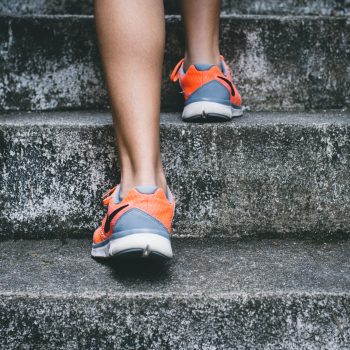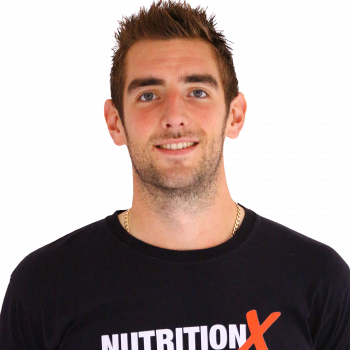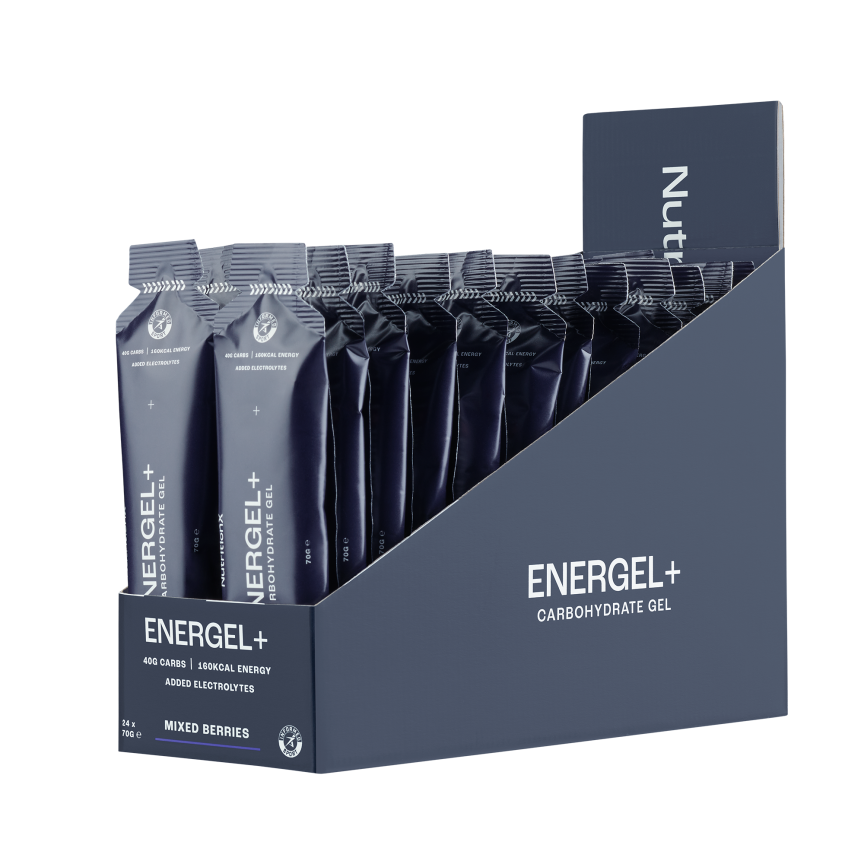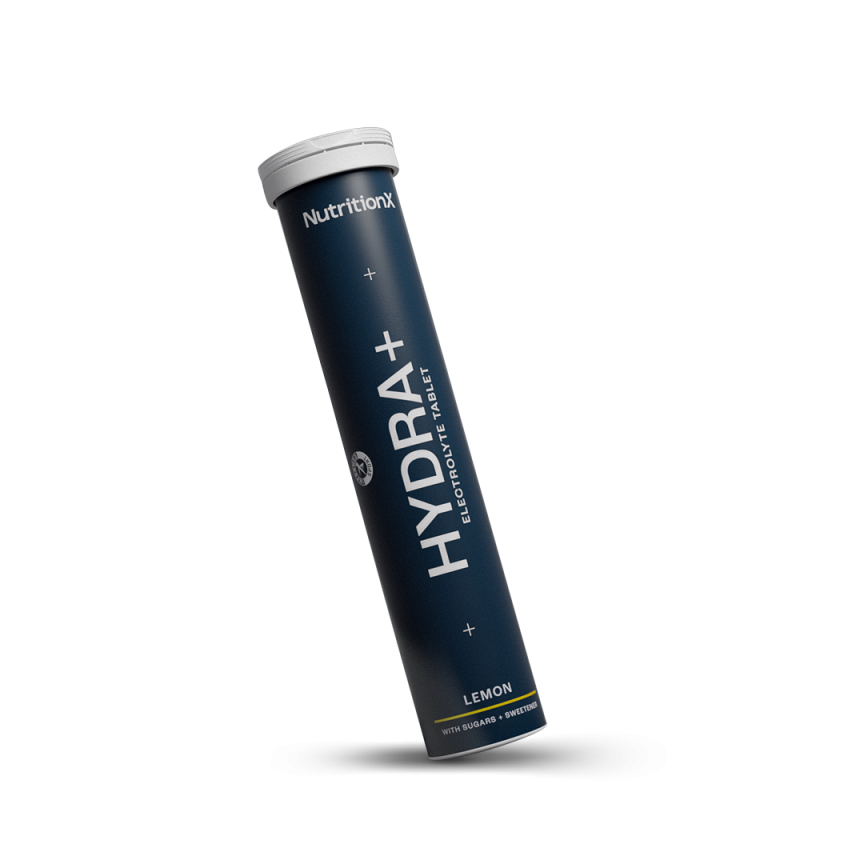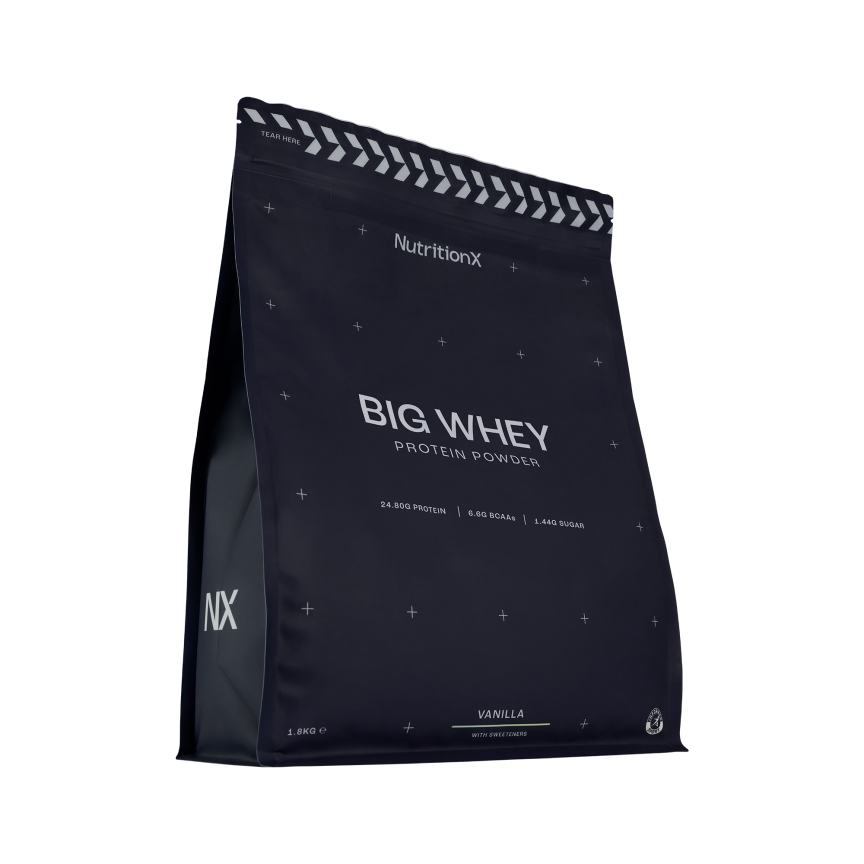Training for a marathon is one of the most challenging events you can put your body through, so getting your nutrition right is fundamental to maximising your training and staying free from illness and injury. As you edge closer to competition, it’s important to have practiced your race day nutrition so you don’t underperform when it matters most.
Fuelling Your Long Training Runs
Carbohydrates are the primary energy source during a marathon, stored in limited supply in the muscles and liver as glycogen, and once these stores become depleted, fatigue kicks in. This is why you need to fuel your training with adequate amounts before, during and after training to aid performance and recovery.
Practicing your pre-race and in-race nutrition is vital to train your gut to utilise the energy more effectively. Replicate what you’re going to do on race day as much as possible by finding the best breakfast option, typically 2-4 hours before a race. A few options include:
- Porridge with banana or dried fruit and honey
- Bagels with peanut butter
- Eggs on toast and fruit juice
- Fruit smoothie
As your runs progress beyond 90 minutes, it’s important to think about how to top up your energy levels during the race. Simple and easy to digest sugars provide immediate energy both for the muscles and the brain, that’s why our Energel+ gels are specially formulated to maximise the delivery of these sugars to get you to the finish line without causing any gut discomfort. Taking 1-2 gels per hour (every 20-30 mins) allows you to run at a higher intensity for longer.
Recovering well after training helps your body to replenish muscle glycogen stores, repair damaged tissues and rehydrate quickly. Doing this consistently well after training helps you to keep training hard. Smoothies are a great option after training as they contain everything that’s needed to maximise recovery; try adding our Big Whey protein for added muscle-recovery power. Another option that’s more practical to promote recovery on the go is our MRM Shake and Take; all you need to do is add water!
Marathon training can be tough on the muscles, bones and joints and the last thing any athlete wants is to suffer an injury. Getting enough protein in your diet, particularly before and after training, helps protect and repair damaged tissues as well as promoting training adaptations and supporting the immune system. As supported by science (Shaw et al., 2017) our Repair Shot is perfect before training to improve recovery and repair of connective tissues in the joints. It’s high in collagen protein, which is the most abundant protein in connective tissues, together with other key supporting ingredients to enhance collagen synthesis in the joints and reduce the risk of injury.
2-3 Days Before the Race (carbohydrate loading)
To prevent premature fatigue, it is important to ensure your muscle glycogen stores are loaded before the race, hence the term carbohydrate loading. General recommendations when carbohydrate loading are to consume 8-12g carbohydrate per kg of body mass for 2 days before a marathon (1 day for a half marathon). Therefore, if you weigh 70kg, you should aim for 560-840g of carbohydrate.
Reducing total fibre intake and avoiding large quantities of dairy, fat, protein-rich and spicy foods are recommended to prevent gastrointestinal discomfort. Hydration is also very important during carb-loading as the muscles use water to store carbohydrates as glycogen, so having a Hydra+ tablet in water helps you stay well hydrated.
Pre-Race Meal (2-3 hours before)
The main preparation has been done the days before race day, so the aim of the pre-race meal is simply to ‘top up’ the already loaded muscle glycogen stores and replenish liver glycogen stores which are used whilst you sleep to maintain blood sugar levels.
By this point, you should have extensively practiced your pre-race meal in training, so you’re comfortable with it and should not cause any digestive discomfort. This will vary for every athlete based on appetite, nerves and stomach issues, but it’s important to have something.
A bowl of porridge with sliced banana and honey is a good option as it contains slow-releasing (low-glycaemic index) carbohydrates. Remember to rehydrate too with a pint of water with your breakfast. Include a Hydra+ tablet if you’re feeling dehydrated.
Importantly – Don’t Try Anything New on Race Day!
During The Race
Now it’s all on you to apply everything you’ve practiced in training to achieve your PB! Don’t overthink it, relax and enjoy the race and don’t forget to stay hydrated and to top up your energy levels with your choice of energy gels like Energel+, food and carbohydrate drinks.



